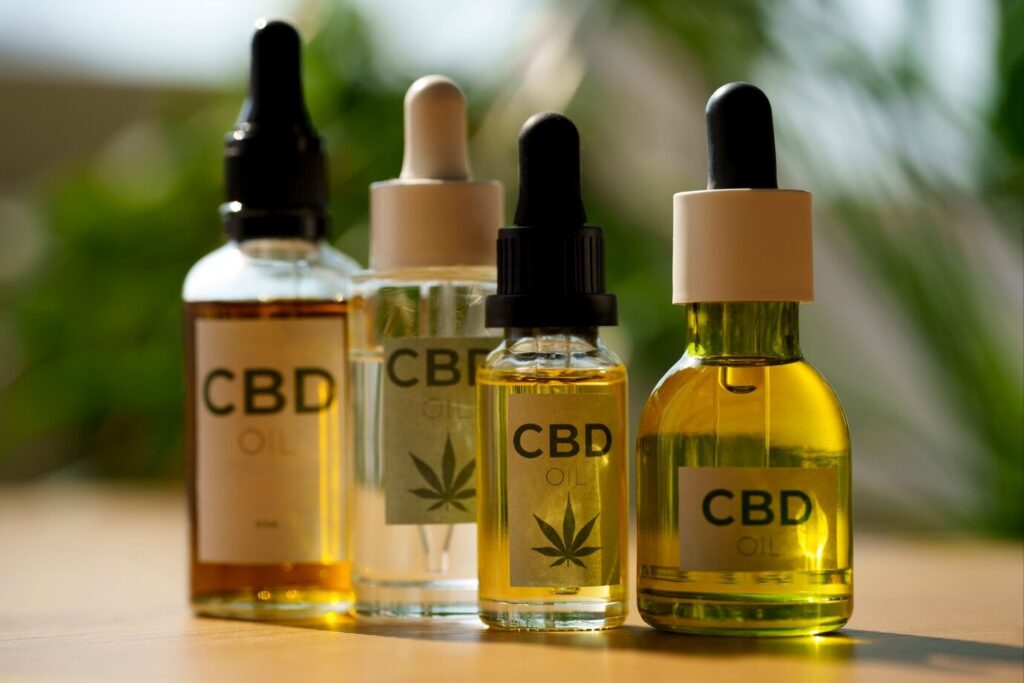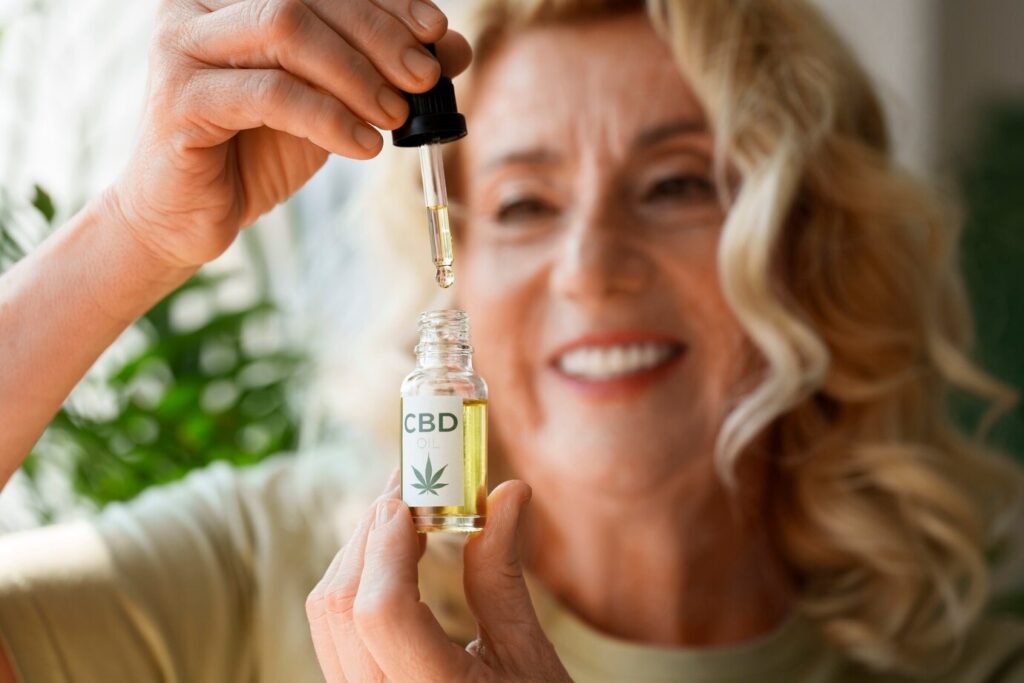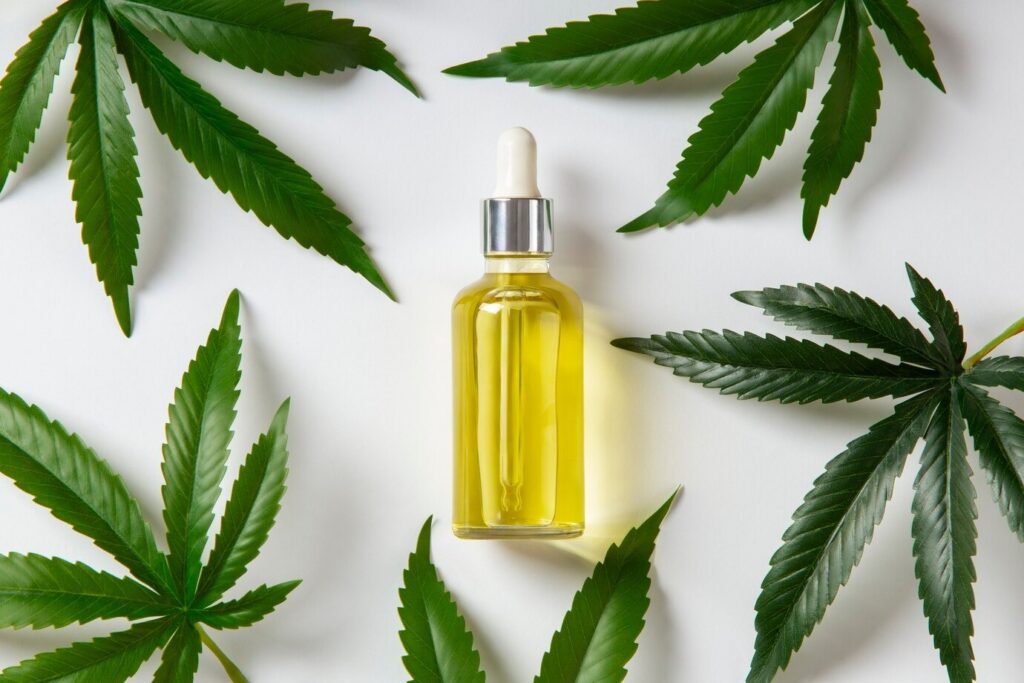What Happens if You Swallow CBD Oil? Effects and Myths

Cannabidiol oil has surged in popularity, touted for its potential health benefits, ranging from anxiety reduction to pain relief. However, misconceptions and uncertainties about its effects, especially when ingested, persist. This article aims to clarify what happens when you swallow CBD oil, dispelling prevalent myths and highlighting its effects.
Effects of Swallowing CBD Oil

Swallowing CBD oil introduces it to the body’s digestive system, leading to a different absorption process compared to other methods of intake. Insights from the CBD Products Guide emphasize understanding these nuances for optimal use.
When you swallow it, it passes through the digestive tract before entering the bloodstream. This journey impacts its bioavailability, which refers to the fraction of the substance that eventually becomes available for your body to use. Oral consumption typically offers lower bioavailability compared to other methods, such as sublingual administration or inhalation. This difference means that the effects might take longer to manifest, usually between 30 minutes to 2 hours, but the duration of these effects can be extended.
Once absorbed, CBD interacts with the body’s endocannabinoid system, a network that plays a role in regulating various physiological processes. The effects of oil can include reduced anxiety, improved sleep quality, and pain relief. These benefits are attributed to its ability to influence receptors in the body that control mood, pain sensation, and sleep cycles. It’s important to note that individual experiences with CBD can vary, and its efficacy for specific conditions needs more research.
Myths Surrounding CBD Oil Consumption

Despite its growing use and the body of research supporting its safety and potential health benefits, myths about swallowing CBD oil persist.
A common misconception is that CBD oil can produce psychoactive effects similar to tetrahydrocannabinol (THC), the compound in marijuana responsible for its high. CBD is non-psychoactive and does not induce the euphoric sensations associated with THC. This distinction is crucial for those seeking the therapeutic aspects of cannabis without the mind-altering effects.
Another myth pertains to the legality and safety. CBD derived from hemp (a cannabis plant containing less than 0.3% THC) is legal at the federal level in many countries, including the United States. Concerning safety, while it is generally well-tolerated, it can interact with certain medications and cause side effects such as fatigue, diarrhea, and changes in appetite or weight. Consulting with a healthcare provider before starting any new supplement, including it, is advisable to ensure it’s appropriate for your situation.
Conclusion

Several health advantages, such as reduced pain, better sleep, and anxiety alleviation, can come from ingesting CBD oil. But the results vary depending on things like dose, personal chemistry, and product quality. There are still misconceptions regarding CBD’s psychotropic effects and safety issues, but research indicates that it’s a harmless substance with possible health advantages.
As with any supplement, it’s important to make sure it matches your health needs by doing extensive research and speaking with medical specialists. People may make well-informed decisions about adding it to their health regimen by busting myths and learning the real impacts of the oil.




